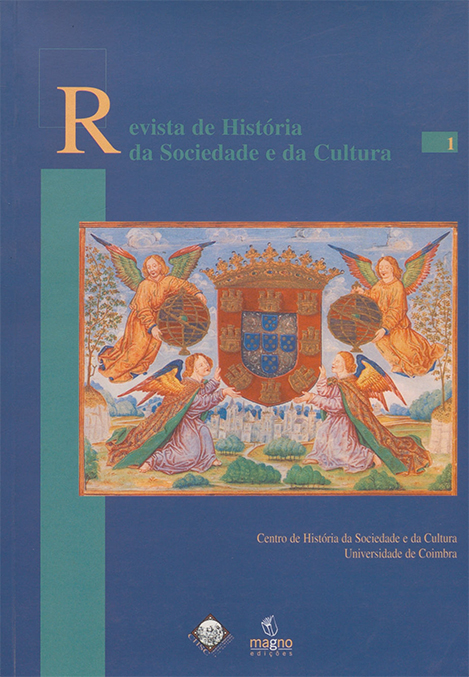The Concept of a "United States of Europe" Post-World War I. Echoes on Portuguese Public Opinion
DOI:
https://doi.org/10.14195/1645-2259_1_5Keywords:
European unity, Concept of Europe, "United States of Europe", European Federation, Europe post-Versailles, Portugal and Europe, Portugal and the concept of Europe, European unity, Public opinionAbstract
During the second decade of the past century, two types of initiatives aiming at the unity of Europe stood out for their relevance and international projection. The first type includes Count Coudenhove-Kalergi's "Pan-Europe" and, gravitating around it, a vast array of positions and reactions, reflected primarily in the press and other publications, conferences, and symposia, whether supportive, skeptical, or hostile to the idea and the plan of a "United States of Europe." Beyond a few associative and commercial actions, the second type is centered around the most relevant and pioneering event: Aristide Briand's project, presented at the League of Nations in 1929, aimed at creating a European "federal tie," along with the subsequent developments triggered by this institutional intervention.
This paper will focus on the first type of initiatives regarding the concept of Europe, which emerged from civil society after the Treaty of Versailles and up until 1929: its content and manifestations, as well as its influence on Portuguese public opinion.
Downloads
Downloads
Published
Issue
Section
License

This work is licensed under a Creative Commons Attribution 4.0 International License.
Authors retain copyright and grant the journal right of first publication with the work simultaneously licensed under a Creative Commons Attribution License that allows sharing the work with recognition of authorship and initial publication in Antropologia Portuguesa journal.











